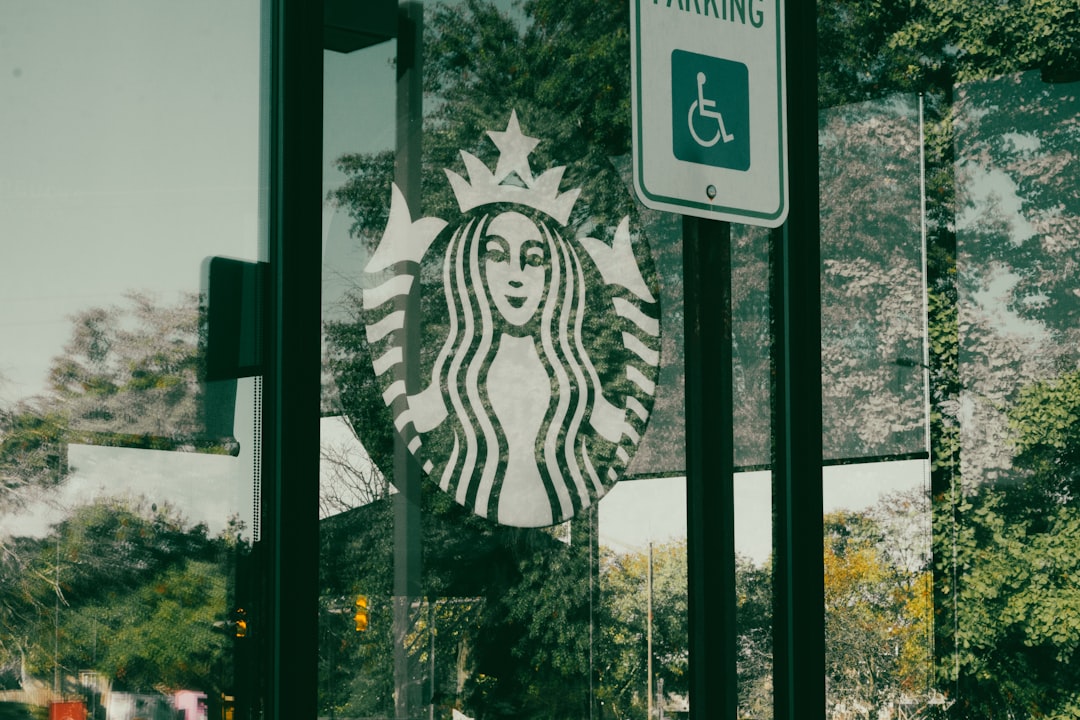1. Hidden Fees Are Everywhere

Airlines love to advertise rock-bottom fares, but what they don’t highlight are the sneaky fees that creep in during booking. Baggage charges, seat selection fees, and costs for food and drinks can quickly inflate the price you thought you’d pay. According to the U.S. Department of Transportation, U.S. airlines raked in over $5 billion from baggage fees in 2022 alone, showing just how much travelers are paying in extra charges. Frequent flyers know to always read the small print and check every single add-on before confirming their ticket. They often use flight comparison tools to see the real price after all the hidden costs are included. Even little things like printing your boarding pass at the airport can come with a fee on some airlines. It’s not just about the ticket price—savvy travelers look at the full picture. If you’re not careful, those hidden fees can turn a great deal into a costly flight.
2. Loyalty Programs Aren’t Always Worth the Trouble

Many people assume that joining an airline’s loyalty program guarantees perks and free flights, but frequent flyers know it’s not that simple. Earning enough points or miles for a reward can take years, and the value of those points often drops over time. The Airline Reporting Corporation found that only 30% of travelers actually redeem their miles effectively, which means most people miss out. Some programs have blackout dates or restrictions that make it hard to use your points when you want. Airlines have also been quietly devaluing their loyalty programs, meaning you need more points than ever for the same rewards. Frequent travelers often advise comparing programs and not being loyal to just one airline unless it truly benefits you. Consider the annual fees, partner airline options, and flexibility before committing. Sometimes, chasing points is just not worth the hassle.
3. Timing Your Booking Makes a Big Difference

Experienced travelers know that booking flights isn’t just about where and when you want to go—it’s about timing your purchase for the best price. CheapAir’s 2023 research revealed that the cheapest tickets are often found six to eight weeks before your departure date. Buying flights on Tuesdays has been shown to save travelers an average of 10%, as airlines tend to release deals early in the week. Flexibility with your travel dates can lead to big savings, especially if you’re able to fly midweek or during shoulder seasons. Many frequent flyers set up fare alerts to track price drops and book when the time is right. They also know that prices can spike during holidays and school breaks, so they plan around those times. Understanding these patterns helps them avoid overpaying. Timing really is everything in the world of airfare.
4. Security Shortcuts Save Precious Time

Airport security lines can be a nightmare, but frequent flyers have tricks to breeze through them. Wearing slip-on shoes and avoiding belts or jewelry can help you get through screening much faster. The TSA reports that travelers prepared for security save an average of 20 minutes per trip. Signing up for TSA PreCheck or Global Entry can make a world of difference, letting you skip long lines and keep your shoes and laptop in your bag. Frequent travelers also memorize the list of prohibited items to avoid surprises at the checkpoint. Arriving a bit earlier than necessary gives you a buffer against unexpected delays. Knowing your way around the airport layout also helps you move swiftly from curb to gate. These small habits can turn a stressful experience into a smooth one.
5. Smart Strategies for Scoring Upgrades

Getting upgraded to business or first class isn’t just about luck—frequent flyers use clever strategies. Dressing neatly and professionally can increase your chances, as gate agents may prefer to upgrade passengers who look the part. Booking directly with the airline, instead of through third-party sites, can also give you priority when it comes to available upgrades. Skyscanner’s 2023 survey found that 25% of travelers who politely asked for an upgrade received one. Timing is key; asking at the gate, especially when the flight isn’t full, can work in your favor. Some travelers use their loyalty points for upgrades rather than waiting for a free flight. Building a friendly rapport with airline staff can also help you stand out. Persistence and politeness often pay off in the form of a more comfortable seat.
6. Travel Insurance Can Be a Lifesaver

Frequent travelers know that skipping travel insurance is a gamble, especially with so much uncertainty in today’s world. InsureMyTrip’s 2023 survey revealed that 40% of travelers had their trips disrupted in the past year, highlighting just how common unexpected events are. Travel insurance can cover everything from canceled flights and lost luggage to sudden illnesses abroad. Buying insurance right after booking ensures you’re protected if something goes wrong before your trip even begins. Many credit cards offer travel insurance as a perk, but it’s important to check the details to make sure you’re covered for what you need. Comparing different insurance providers can help you find the best policy for your situation. Peace of mind is worth the extra cost for many frequent flyers. When things go wrong, having coverage can save you from huge expenses.
7. Budget Airlines Aren’t Always a Bargain

It’s easy to be tempted by the ultra-low fares of budget airlines, but frequent flyers know that these options often come with trade-offs. The International Air Transport Association reported in 2023 that budget airlines charge up to 50% more in extra fees compared to traditional carriers. Charges for checked bags, seat assignments, and even basic refreshments can quickly add up. Budget carriers are also more likely to operate from secondary airports, which can mean longer and costlier transfers. Frequent travelers advise reading the fine print and tallying up the full cost before booking. Reliability can also be an issue—delays and cancellations are more common with these airlines. What seems like a deal on the surface may end up costing more in the end. The cheapest ticket isn’t always the best value.
8. Weather Delays Are More Common Than You Think

Bad weather is one of the top reasons for flight delays, and frequent flyers are always prepared for it. The National Oceanic and Atmospheric Administration reported that weather-related issues were responsible for 30% of all flight delays in 2022. Checking the forecast for both departure and arrival cities helps travelers anticipate problems before they arise. Airlines have different policies for weather delays, so knowing your rights can make a big difference if you’re affected. Having a backup plan—like a later connecting flight or an overnight kit in your carry-on—can help you cope with delays. Frequent flyers also keep an eye on their airline’s app for real-time updates and rebooking options. Flexibility is key when dealing with unpredictable weather. No one can control the skies, but you can be ready for whatever comes your way.
9. Social Media Gets Faster Results

When flights are delayed or issues pop up, frequent flyers turn to social media for help. Airlines pay close attention to their Twitter, Facebook, and Instagram accounts, often responding more quickly than through traditional customer service channels. Sprout Social’s 2023 study found that 70% of consumers are more likely to stick with a brand after getting a response on social media. Posting about your problem publicly can sometimes lead to faster resolutions or even compensation. Frequent travelers know to be polite and concise in their messages to encourage a helpful reply. Engaging with airlines online can also keep you updated on travel changes and promotions. Social media is not just for complaints—it’s a powerful tool for getting what you need. Sometimes, a single tweet can solve a problem faster than an hour on the phone.
10. Reviews Reveal the Real Story

Savvy travelers never book a flight or hotel without checking recent online reviews. Sites like TripAdvisor and Yelp offer firsthand accounts from fellow passengers, painting a clear picture of what to expect. BrightLocal’s 2023 survey showed that 79% of consumers trust online reviews as much as personal recommendations. Frequent flyers look for patterns in reviews instead of focusing on isolated complaints or praises. They pay special attention to recent feedback to avoid outdated information that may no longer apply. Reading both the positive and negative comments helps paint a more balanced view. The travel community is full of hidden gems and warnings that can save you time, money, and headaches. Learning from others’ experiences is one of the smartest ways to travel better.
11. Carry-On Luggage Saves Time and Money

Many frequent flyers have ditched checked bags altogether to avoid fees and delays. The International Air Transport Association reported in 2023 that half of all travelers now choose carry-on only. Carry-ons mean you can skip the wait at baggage claim and reduce the risk of lost luggage. Investing in a high-quality, airline-approved carry-on can make a big difference in convenience and efficiency. Packing light also gives you more flexibility if you need to change flights or reroute. Frequent travelers know to keep essentials like medications, electronics, and chargers within reach at all times. Knowing the size and weight restrictions for your airline prevents last-minute surprises at the gate. The benefits of traveling light are hard to beat.
12. Good Customer Service Changes Everything

Frequent flyers understand that how you’re treated can make or break your travel experience. J.D. Power’s 2023 survey found that airlines with top-notch customer service score much higher in passenger satisfaction. Building a friendly relationship with airline staff can open doors to unexpected upgrades or extra help during disruptions. Being polite and patient, even in stressful situations, makes it more likely you’ll get a positive response. Knowing the airline’s policies and your rights helps you advocate for yourself without getting frustrated. Frequent travelers often share constructive feedback to help improve service for everyone. Simple gestures, like a smile or a thank you, go a long way in building goodwill. Exceptional customer service can turn a tough travel day into a memorable journey.






